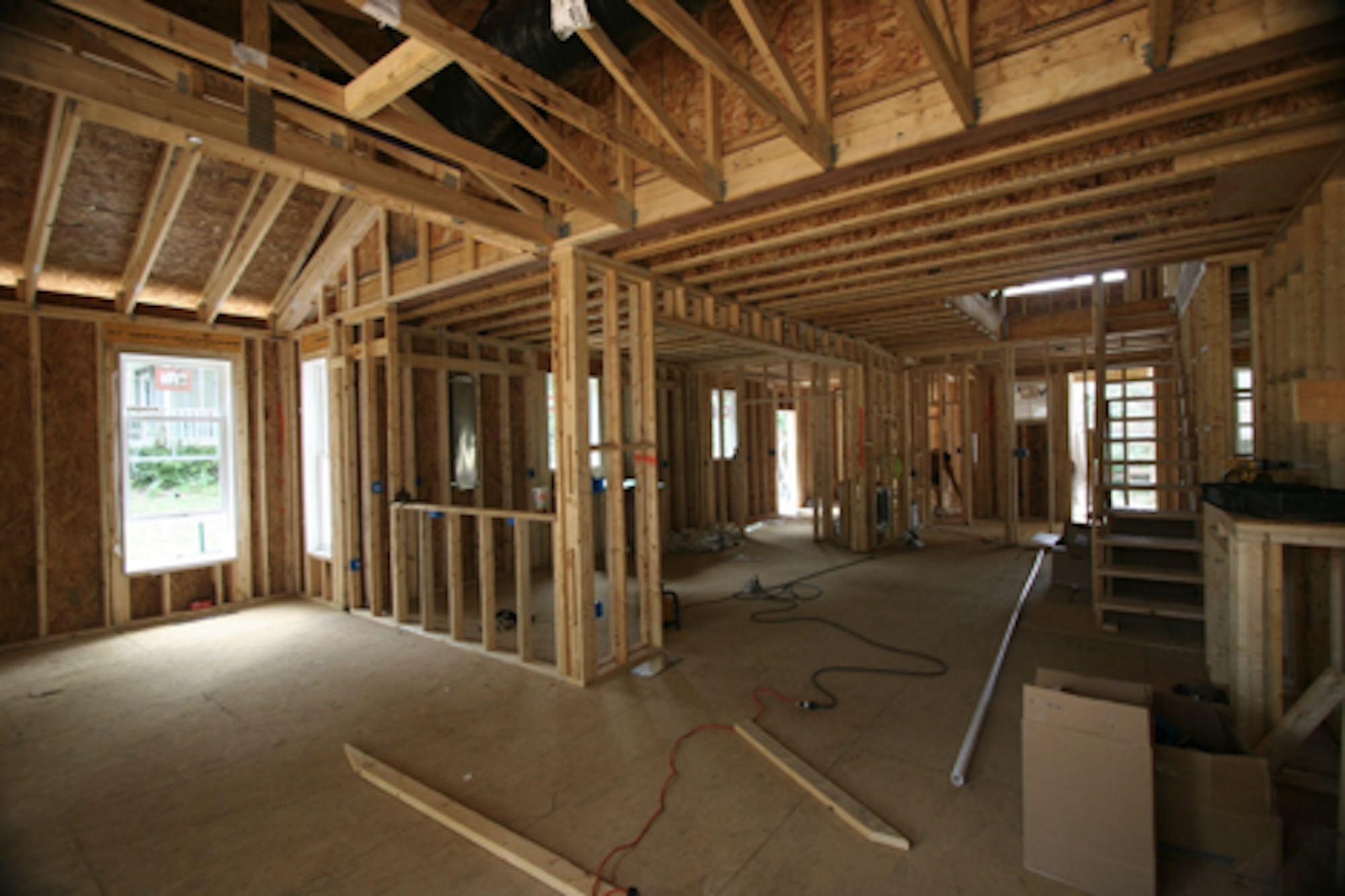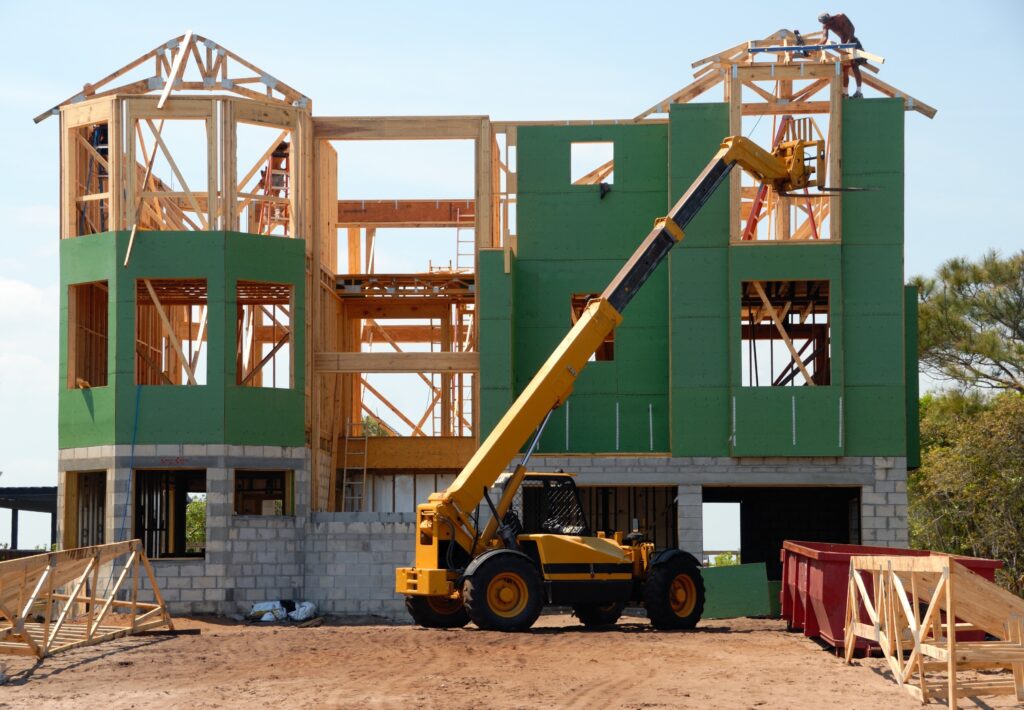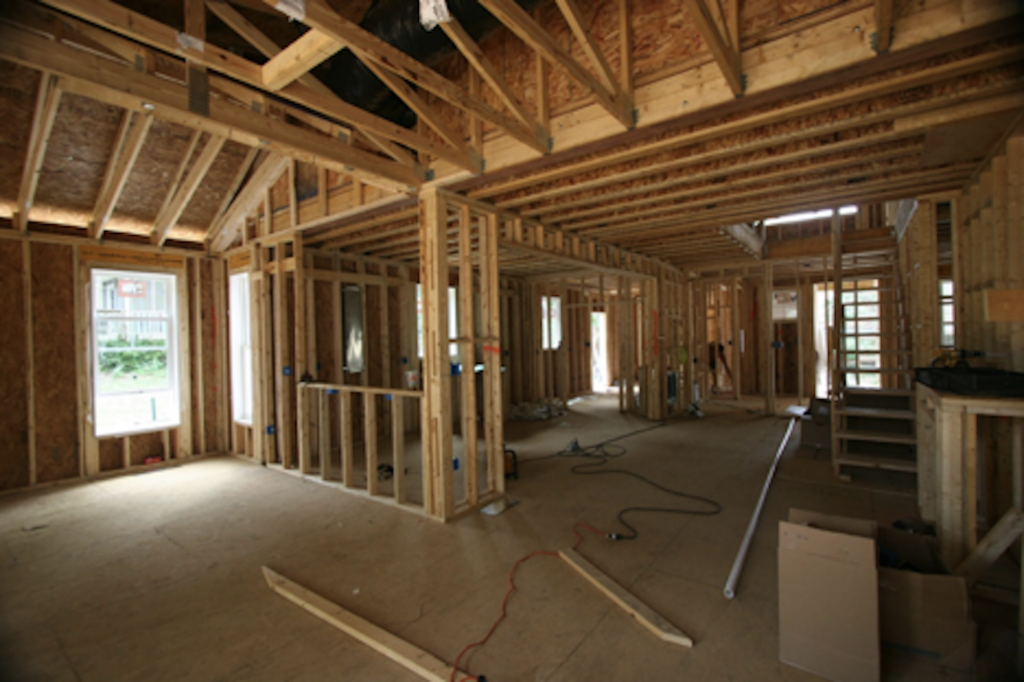5 Best Practices for Project Management in Construction
Construction project managers and project management in construction succeeds by completing projects on time, within budget, and with no incidents. The manager should also include an accurate construction estimate. It’s notable that managing construction projects, including the estimation process, requires expertise and extensive experience to navigate complex challenges. Here is where professionals rely on effective planning, communication, and progress monitoring to overcome hindrances.
Also, the field of construction management is experiencing a transformative phase, with companies worldwide adopting digital and mobile solutions to address communication gaps, streamline material ordering, and improve project timelines.
Whether you are a project manager seeking growth in the project management in construction industry, a foreman aiming to enhance your skills, or someone from a different industry looking for a lucrative career shift, mastering the best practices for construction project management is crucial.
While each project manager may have their unique workflows and preferences, there are fundamental practices that all construction project managers should adhere to, and they include the following:
5 Best Practices for Project Management in Construction
Set Your Project’s Expectations
Before embarking on any construction project, it is crucial to establish clear expectations, as it ensures that your goals align with those of the project stakeholders. Beginning a complex project, such as constructing a property, without first establishing expectations is similar to embarking on a road trip without directions.
While you may eventually reach your destination, it will result in unnecessary time and financial expenditures, which you should diligently avoid. In addition to these steps, creating a plan can greatly help reduce stress and streamline the project, so considering the practical aspects like whether you should buy the machinery you need or find a company that offers Digger Hire can help with budgeting and making sure you have everything you need for the project.
Setting expectations entails essential steps such as developing a detailed timeline, addressing the budget, defining project milestones and deliverables, and establishing a project completion date. You can prevent setbacks and facilitate the project’s overall success by making and documenting these crucial decisions before commencing the project, including the practical needs for equipment and tools.
Document Plans
Your project plan stands as an essential set of documentation for any project. Therefore, creating a plan that encompasses realistic and measurable goals is vital. However, the utmost significance lies in the comprehensive documentation and transparent visibility of those plans to ensure the successful completion of the project.
Planning and documenting directs the project’s focus, establishes the project’s scope, and serves as a valuable knowledge resource for trade contractors and other experts involved. Thoroughly documenting project plans and effectively communicating them throughout the job instills trust among contractors and facilitates the streamlined management of construction projects.
Communicate Effectively
Effective communication is crucial when carrying out project management in construction expectations across teams. In construction management, swift and effective communication is of utmost importance. Remember that even minor delays can lead to timeline extensions and increased costs.
Additionally, construction project managers should maintain careful records about all project aspects. When construction companies inquire about the project or the tasks assigned to teams, project managers should promptly and accurately provide the necessary information. Providing this information instills confidence in all project stakeholders and enables proactive issue anticipation and resolution.
Insure Yourself
Construction project managers typically operate under an LLC or another corporate entity that provides liability insurance coverage for their responsibilities. However, all these individuals should secure their business with liability insurance that encompasses errors, omissions, and professional and general liability.
Insurance is a critical aspect that you should always pay attention to. Surveys indicate that most individuals don’t invest in comprehensive insurance policies due to perceived high costs. Avoid your construction management business’ potential downfall by adequately insuring it.
Use Tech Resources
As a construction project manager in charge of project management in construction, you should enhance communication effectiveness by leveraging available tech resources and imparting the same knowledge to your teams. Technology offers various avenues for automating and streamlining processes, increasing global estimated productivity.
For instance, project management software can integrate data from previous projects, including materials, personnel, and costs. You can, therefore, make precise predictions regarding material availability, pricing, and timelines and generate customizable reports by capitalizing on tech resources.
A well-connected team can utilize their smartphones to analyze accounts and projects, enabling real-time communication and updates across teams from any location. In addition to the productivity boost, the resilience of construction project managers is increasingly tied to their ability to adapt supply chain procedures in response to recent technological advancements.
Incorporating construction estimating software and leveraging digital tools have become essential components for the ongoing success of construction project managers, facilitating accurate construction quotes and adapting to the changing tech landscape.
The Bottomline
Successful results in construction projects hinge on proper management. It is imperative to embrace the above best practices and strategies to meet your objectives within the designated timeline and budget. Building owners play a pivotal role by clearly defining their end goal, carefully selecting a well-suited project team, fostering effective communication among team members, staying vigilant about scope changes, and implementing an organized system to track costs and modifications.
Additionally, incorporating thorough documentation and leveraging cutting-edge technological advancements can streamline operations and mitigate risk factors. Ultimately, adhering to proper procedures in construction endeavors yields favorable outcomes.










